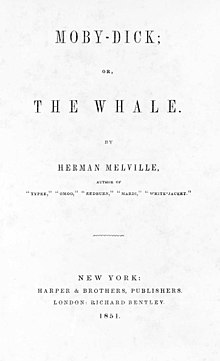- NAMESAKE by Jhumpa Lahiri
I had read two times this
novel when i was in Third year B.A. What i like the most about this novel is its
emotinal touch. As a reader we feel emotinally connected with the characters. And
Ashima is brilliantly drawn, my favourite character. While reading it looks like
as if things are happening in front of my eyes.
- For the first time, i came to know about diasporic sensibility. Indian's desire for America, and after settling there their craving for motherland is a brilliant study of human psyche which is captured in the novel.
- Beginning of the novel is striking ........ Ashima living in Kolkata, doing job of teacher. Then their engagement with Ashok etc is beautiful description to read.
- Ashok and Ashima, after living so many years in America, loves, remembers and occasionally also visit India. whereas their children dont think and feel so. Because their upbringing was in totally different environment.The way parents looks towards India and Motherland is totally different than their children's way of looking.
- Because of failure of arriving letter of granny suggesting the name of the child, Ashok registers his name Gogol. when child grew up he dislikes his name. This angst and alienation is beautifully presented in the novel. The clash between Indian culture, morality and American freedom is also visible in the novel.


